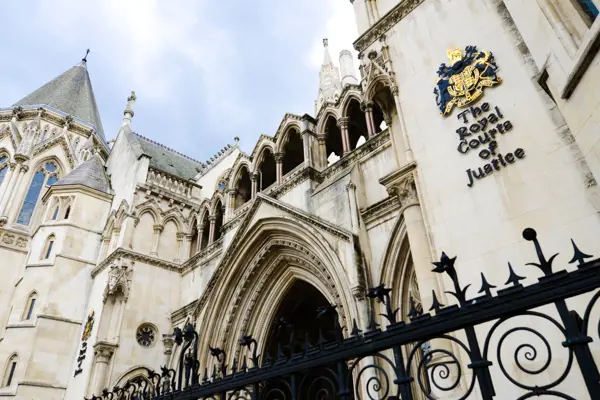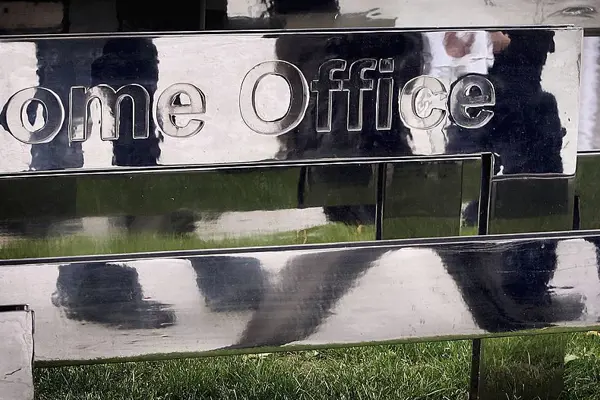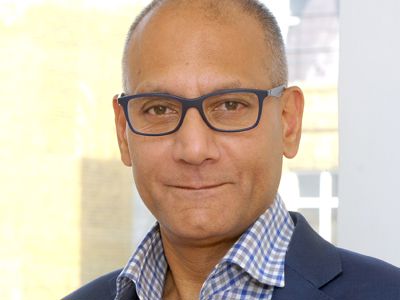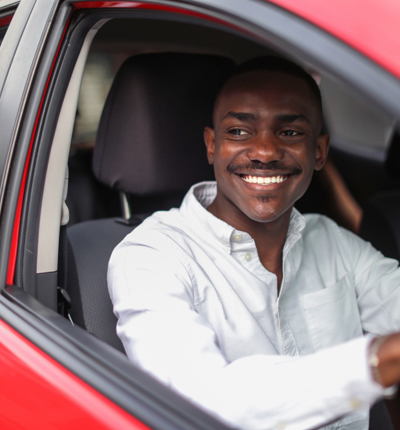
Prominent Human Rights Lawyers Launch Class Action for South African Uber drivers
Leigh Day is assisting South African based MBM law in a class action against Uber in South Africa
Posted on 22 February 2021
Mbuyisa Moleele Attorneys in Johannesburg assisted by Leigh Day have announced that they are preparing a class action to be filed in the Johannesburg Labour Court against Uber BV and Uber SA on behalf of South African Uber drivers.
The claim will be based on the drivers’ entitlement to rights as employees under South African legislation and will seek compensation for unpaid overtime and holiday pay.
Find out more about the class action in South Africa - visit MBM law
Mbuyisa Moleele Attorneys and Leigh Day achieved the first two settlements in the silicosis litigation on behalf of gold miners in SA.
The claim follows a decision by the UK Supreme Court on Friday 19 February that Uber drivers should be legally classified as workers rather than independent contractors, and as such are entitled to similar benefits.
Leigh Day represented the UK Uber drivers in the case in which the lower courts, including the English Court of Appeal, also ruled in favour of the drivers. South African legislation relating to employment status and rights – the Labour Relations Act (LRA) and the Basic Conditions of Employment Act (BCEA) – is very similar to UK employment law.
Furthermore, Uber operates a similar system in South Africa, with drivers using an app, which the UK Supreme Court concluded resulted in drivers’ work being “tightly defined and controlled” by Uber.
In the UK case, the key issue was whether drivers contract with passengers using Uber as an agent, or alternatively that drivers are working for Uber. The conclusion of the Supreme Court was that they work for Uber. Even though Uber’s lawyers had drafted agreements giving the impression that Uber were merely agents, the Court ruled that the true position was that under employment legislation, Uber has control over the way in which drivers deliver their services.
The ruling by the UK Supreme Court is a final vindication for UK Uber drivers who have for too long been denied their statutory employment rights as workers."
Richard Meeran, head of international at Leigh Day
Through the app, Uber sets the amount of the fare, the level of information given to the driver about the passenger and their destination and through the ratings system, the monitoring of drivers’ performance, including the “deactivation” of drivers who do not conform to Uber’s standards.
The UK Supreme Court found that the contractual terms on which drivers perform their services are dictated by Uber.
The Court noted that while the system of control operated by Uber was in its commercial interests, it clearly placed drivers in a position of subordination and dependency in relation to the company. Uber SA operates in Johannesburg, Cape Town, Durban, Pretoria, Port Elizabeth and East London, and in 2018, it was estimated to control 75% of the South African taxi market.
As the largest ride-hailing service in the world, Uber has a market capitalisation of around $108 billion, and its “Mobility” (Uber X) business reported operating income of US$293 million in 2020. The company has also lost or settled similar labour law cases in France, Switzerland, Ontario and North Carolina.
Due to South Africa’s income disparity, few professional drivers actually own the cars that they drive. They instead rent them from owners, known as “partners” and split the earnings.
Key to Uber’s defence in the UK case was that it is merely a technology company acting as a booking agent for drivers, and not an employer. However, in its own submissions to the 2020 SA Competition Commission Inquiry into metered taxis and e-hailing services, Uber stated that unlike other countries such as the United States, Uber drivers in South Africa tend to be predominantly full-time on the Uber platform and their work for Uber is equivalent to full-time employment, and not just a way of earning supplementary income.
Uber’s argument that it is just an app does not hold water when its behaviour is that of an employer."
Zanele Mbuyisa of Mbuyisa Moleele Attorneys
This, along with the fact that the Competition Commission found that after deductions, some drivers earn less than the minimum wage, means that Uber drivers in South Africa work incredibly long hours just to make ends meet.
The Supreme Court recognised similar difficulties faced by drivers in the UK case by stating that in practice, the only way in which drivers could increase their earnings was by working longer hours while constantly meeting Uber’s measures of performance.
Estimates suggest that there are between 12,000 to 20,000 drivers in South Africa using the Uber app who will be covered by the lawsuit, which is an opt-out class action in which a small number of representative plaintiffs are claiming on behalf of the wider class of Uber drivers.
Zanele Mbuyisa of Mbuyisa Moleele Attorneys said: “Uber’s argument that it is just an app does not hold water when its behaviour is that of an employer. The current model exploits drivers, they are effectively employees but do not benefit from the associated protections. We are issuing a call to workers to stand up for their rights and join the class action against Uber. Drivers should contact MBM Law using the details below to fight for the rights to which they are legally entitled.”
Richard Meeran of Leigh Day said: “The ruling by the UK Supreme Court is a final vindication for UK Uber drivers who have for too long been denied their statutory employment rights as workers. We hope that this class action in South Africa will enable South African Uber drivers to access those same rights”
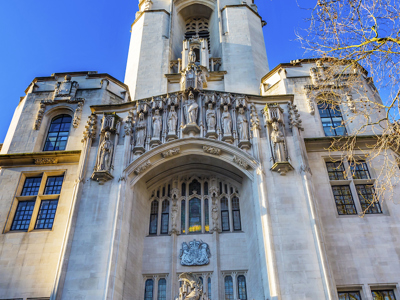
Uber drivers entitled to workers’ rights after Supreme Court ruling
Tens of thousands of Uber drivers can now claim the right to be classed as workers after the Supreme Court handed down its judgment today.
